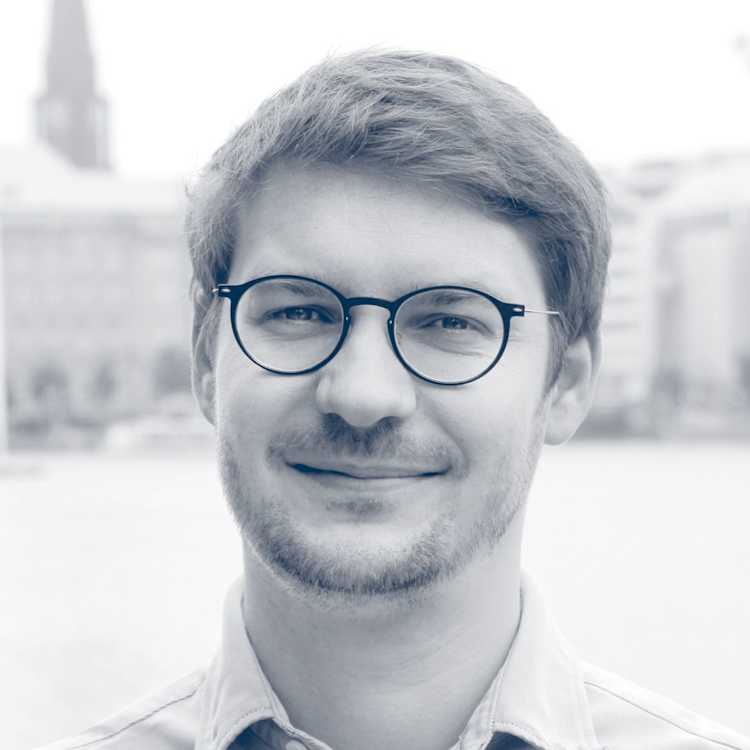- Home
- Research & Transfer
- Research Projects
- Institutions for Sustainable Peace - Comparing Institutional Options for Divided Societies and Post-Conflict Countries
Institutions for Sustainable Peace - Comparing Institutional Options for Divided Societies and Post-Conflict Countries
Two questions shape political agendas in violent and conflict affected societies: How can we stop the violence? And how can we prevent its recurrence? Comprehensive negotiated war terminations and external actors recommend and promote a set of institutional reforms (e.g., interim governments, power sharing, a substantial increase in political participation, and an accountable and democratically controlled security sector). This network project studies the success of particular institutional designs.
Leibniz Association, 2012-2017
Team
Head
Coordinator
Research Questions
- Which institutions and which combination of institutions reduce the potential for violent conflicts and other types of violence?
- How do specific factors such as the character of divisions or the traumatic experience of violence impact the prospects for successful institutional engineering?
Contribution to International Research
The project furthermore identifies how societal divisions and/or post-conflict situations affect the prospects of particular institutional options: specific economic, cultural, political, and historical contexts are included in the analysis of institutions. Non-institutional factors such as ethnicity, religion or resources are also considered.
Research Design and Methods
Using a comparative area studies approach, the project carries out a comparative investigation of those societies that display a specific risk of conflict escalation, such as post-conflict societies and "divided societies" (societies divided along ethnic, religious or other social lines). The project brings international experts from this field of research together in one collaborative project. Individual findings are exchanged in order to systematically correlate them within a new research approach. Research agendas are discussed and developed at conferences and workshops, then carried out in concrete research and publication projects. The networking process is institutionalised by an academic exchange programme and a substantive "research unit" at the GIGA. A further element of the project is the "Institutions for Sustainable Peace" database, which systematically links different findings from within the field and fills research gaps by including the complex set of institutional choices available as well as the exact character of divisions and conflict risks.
Preliminary Findings
More: [http://isp.giga-hamburg.de/](http://isp.giga-hamburg.de)












